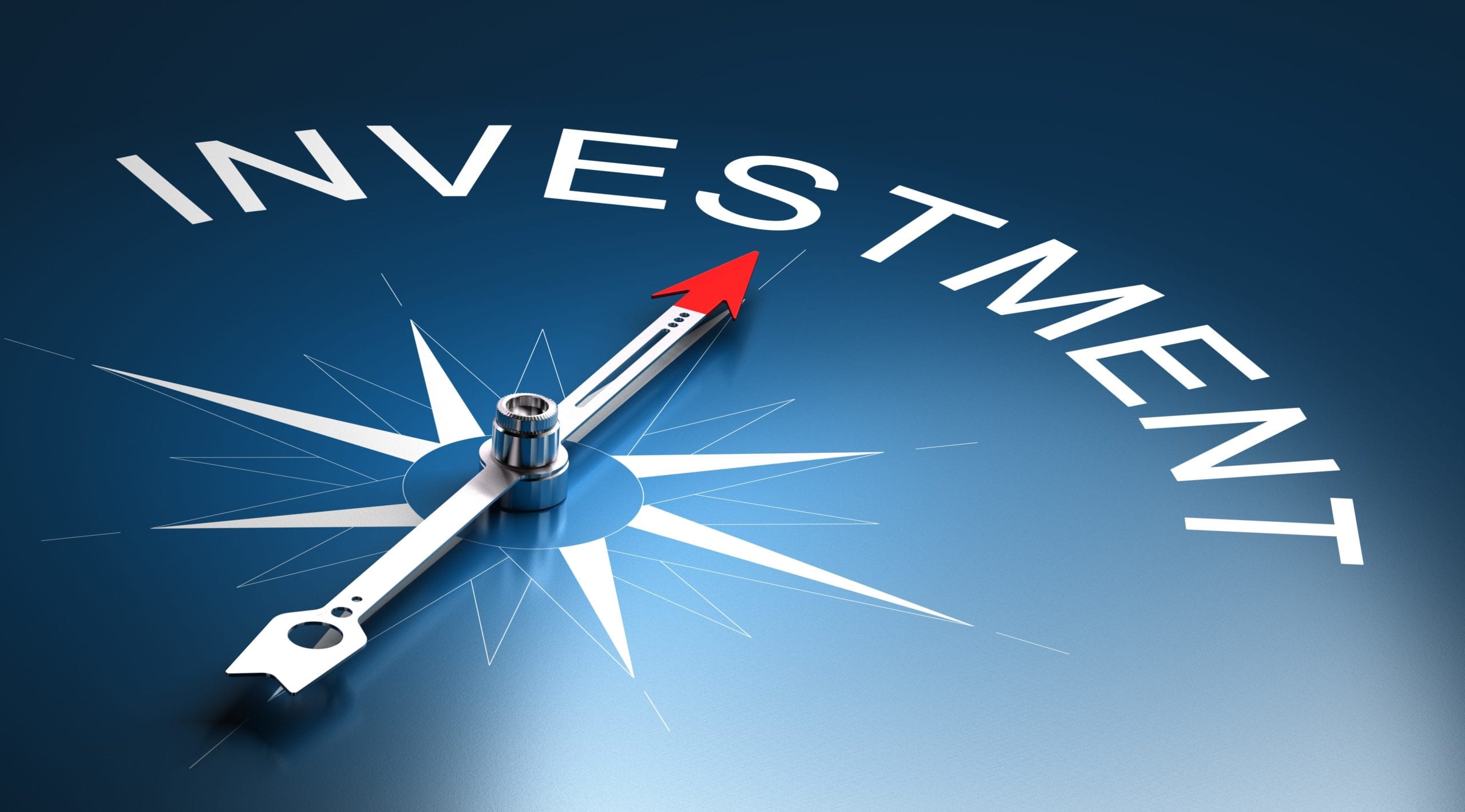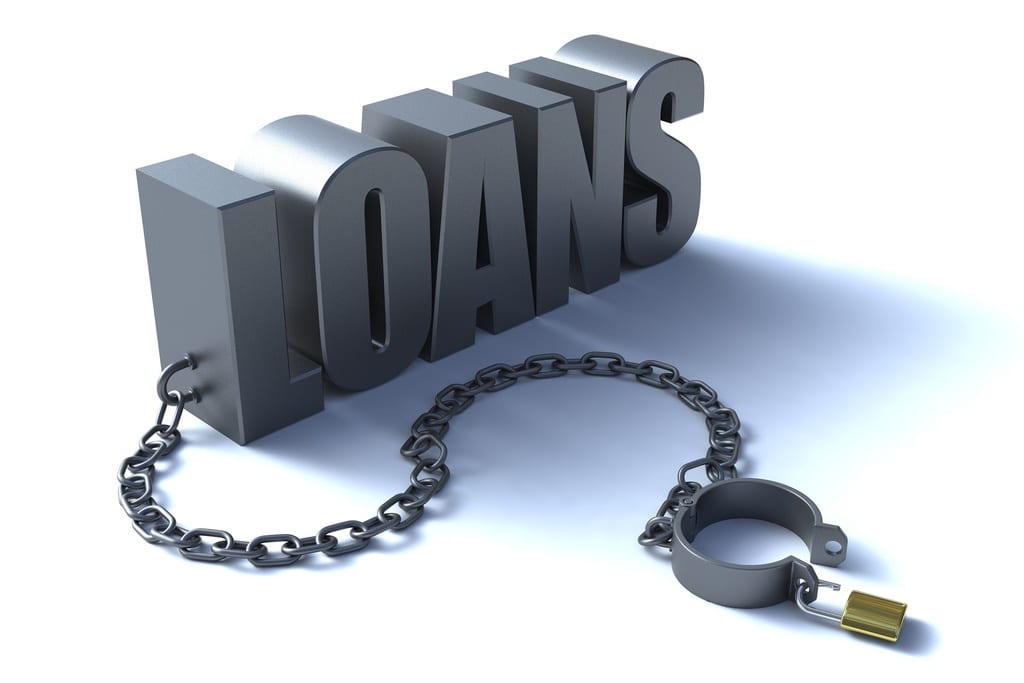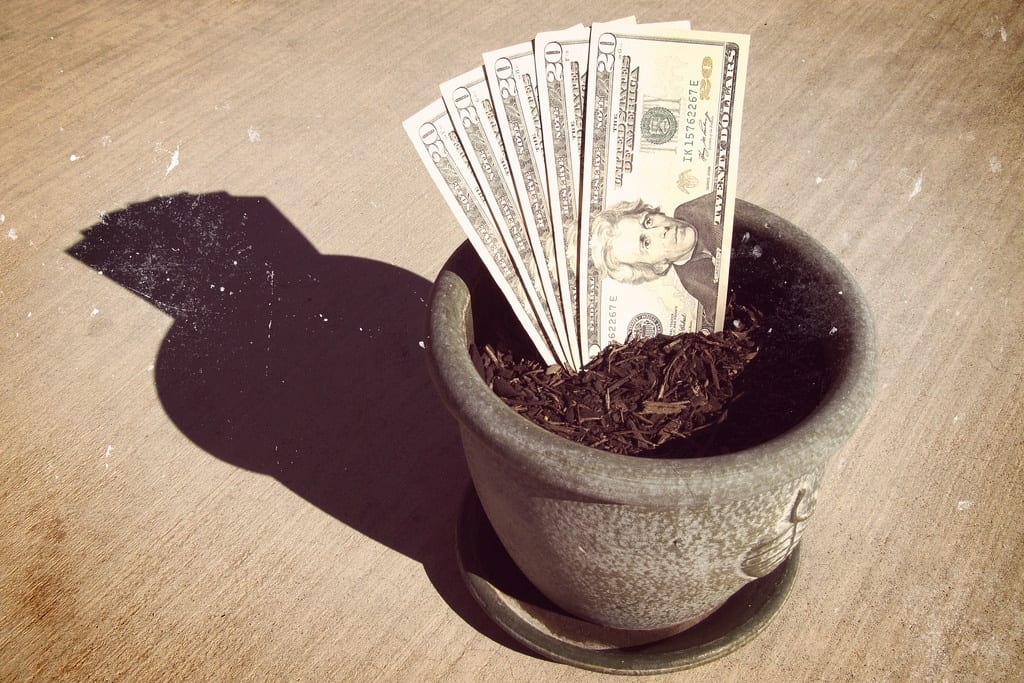Here are twelve tips on becoming financially independent that I learned from the books and experience which I tried to implement personally and seemed to work for me.
Spend less than what you can earn.
I think this is one of the most important things that we should do to free us from financial worry. But of course, we should earn a respectable amount to live a decent life. We cannot just be content with our situation. We can always do something to upgrade our economic status.
Buy what you need and be choosy in buying what you want.
This is a bit tricky. The real challenge in this tip is how to determine if what you think you need is not really a want. For example, you’ll say you need a car to bring you and your family from one place to another but then you will probably not be content with just a simple car but probably one that costs more than what you really need because you want a car that looks good thereby bringing its price to a premium. Thus, it becomes a luxury item because you want it that way. But then, you also need social approval so it must look good.
Adopt a simple lifestyle.
Simple lifestyle to me means being able to at least fulfill the very basic physiological needs such as food, clothing and shelter. As Maslow’s Hierarchy of Needs put it, there are other needs that had to be fulfilled to attain self-actualization. You don’t need to spend a lot to meet those needs. For example, the need for love, affection and belongingness can be addressed by establishing open communication within the family and having a circle of like-minded friends who you can share your life with. A child will appreciate more a kindly gesture of listening to him/her than giving expensive toys that don’t talk and respond. You don’t need to throw a lot of parties to gain genuine friends.
Invest in things that will improve on your financial status
like education, self-generating business, and hobbies that earn. Well, I worked hard to finish the highest degree possible in education. This provided me somehow the security and the potential for promotion and better income once opportunities present itself. We’ve engaged in a small business that earns little but constantly and here I am writing in Triond hopefully to earn a little something while enjoying writing at the same time.
Avoid making loans or buying in installments.
It’s always better to buy things in cash. You get discounts and spared of the monthly, interest-laden bills. I avoid having to pay in installments especially if items are not really that critical in daily living such as in buying appliances. I can do away with the television because what I always see anyway are mainly bad news.
Many credit card holders have a hard time paying their purchases and get bankrupt because they couldn’t feel the weight of the purchased item’s cost using that plastic card. And I learned that credit card companies put those increasing interest rates in small prints. I once considered getting one before but dismissed the idea. I just wanted to have it so I can make purchases online, not to buy things on credit. I got a debit card instead which served my purpose.
Provide for contingencies like emergencies due to accidents and illness.
This is a tough one for me because my wife got sick with cancer, a rather unpredictable illness that will burn your pocket. But anyway, it had become manageable somehow with some thoughtful decision making. I think this is the hardest part because we can’t really predict what accidents or illness will beset us but it would help to allocate funds for this purpose. At least, my health insurance took care of me when I’m sick.
Keep healthy.
Get a lot of exercise and avoid junk foods that will make you sick. Many of the foods we eat in fast foods have carcinogens because of the way those are cooked. According to New Scientist, a chemical known to cause cancer in laboratory animals been detected in some fried and baked foods at surprisingly high levels. The chemical, called acrylamide, was found by Swedish researchers in carbohydrate-rich foods that had been fried, grilled or baked at high temperatures. Eat healthy foods.
This tip is also tricky because at one point my wife and I discovered that the apple we bought were immersed in formalin to preserve it. So that’s why I kept on smelling formalin every time I ate that apple! Time to put up my own organic garden.
If you are healthy, then you are able to work and earn more.
Don’t keep up with the Joneses.
Some people made it big financially due to many reasons. They may have been born rich, got some luck such as in winning the lotto, some obtained wealth illegally or worked for it. For those who are neither born rich nor lucky and law-abiding citizens, the last one is the only option left. Besides, many people are not really what they seem to be. What you see may just be a mask of who a person really is. For all we know, that person is just a charlatan. We should be content of what we can have.
Buy quality goods.
It is not wise to buy cheap items that do not last. It will be more costly to always change your shoes because of poor quality.
Save first before you spend.
If your attitude is to save what’s left after you spend, most likely you end up with nothing left to save. It is better to have a target savings everytime you earn something.
Use efficient gadgets, appliances, equipment.
I switched from a 85 watt, 17″ CRT monitor to a 25 watt, 18.5″ LCD monitor. That saved me electricity by a factor of more than 3. That will mean that I will be paying less than a third of my previous consumption. This allows me more time to write online.
Trust the Lord will provide your needs.
Just be content with what you can have if you can’t do anything more to do better than that. Surrendering everything to the Lord will relieve you of your burden of wants. Believing in the Lord will provide you sufficiency.
I did become financially independent but there are points in my life that I also need to consider. I couldn’t say no if somebody asks my help and where I need to extend a helping hand. But I thought they should also help themselves become financially independent too. It would be unfair on my part to live a simple lifestyle while I could see their extravagant ways. Should I support the lifestyle that I do not subscribe in?
The tips above, I would say, are all directed to one’s self, that one could do something about. And I realized the struggle doesn’t stop there. Becoming financially independent brings you to a higher level. And that is, to give when opportunity comes. And when I am able to give, that’s the time that I realize that I, indeed, have made myself not only independent but found a way to become generous and live a more satisfying life.








